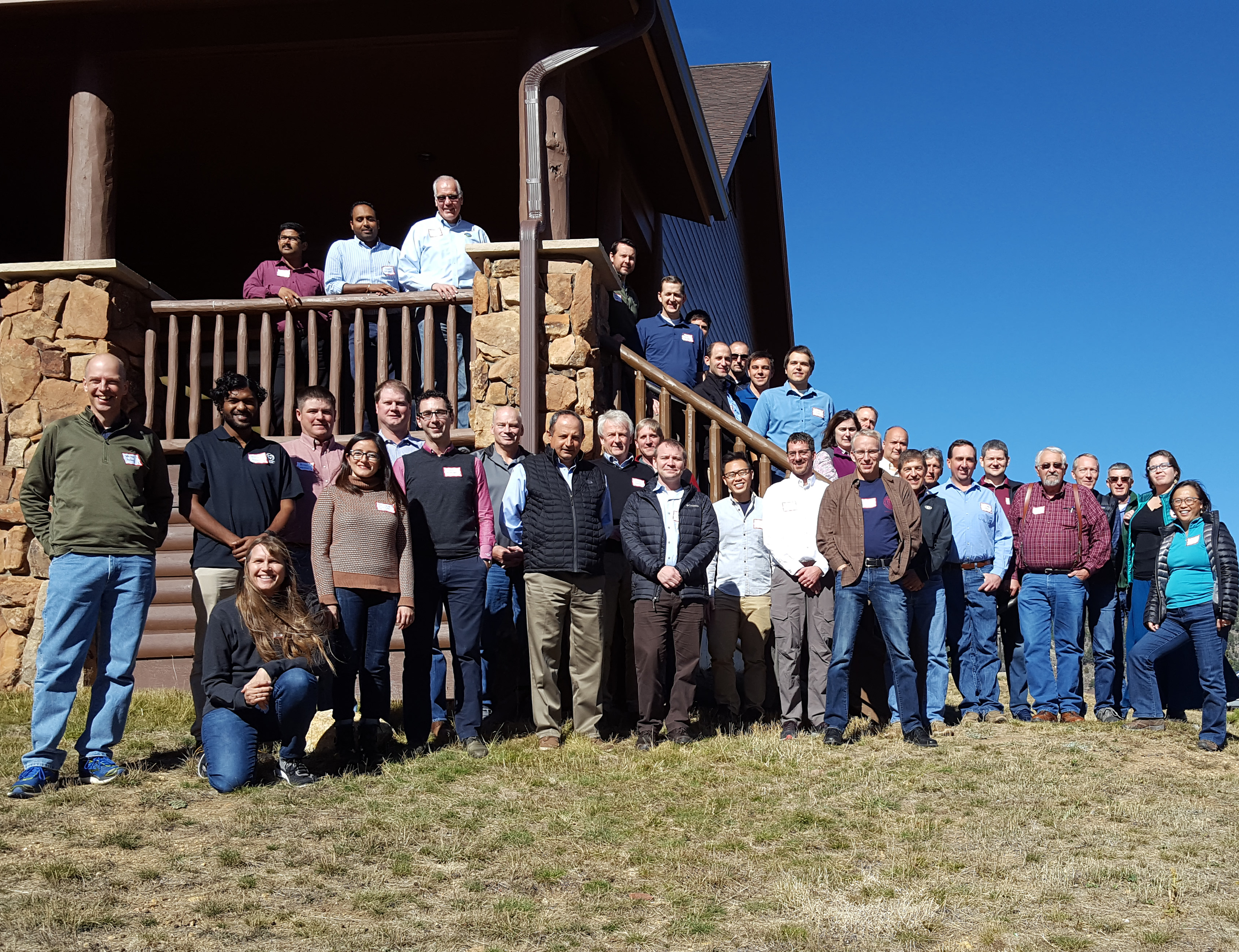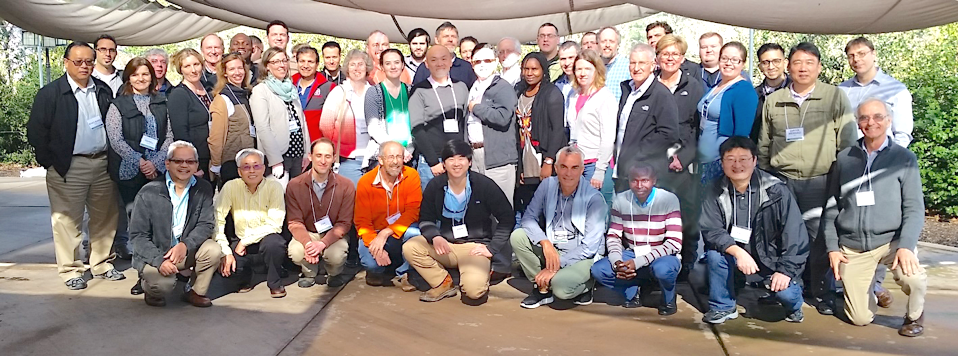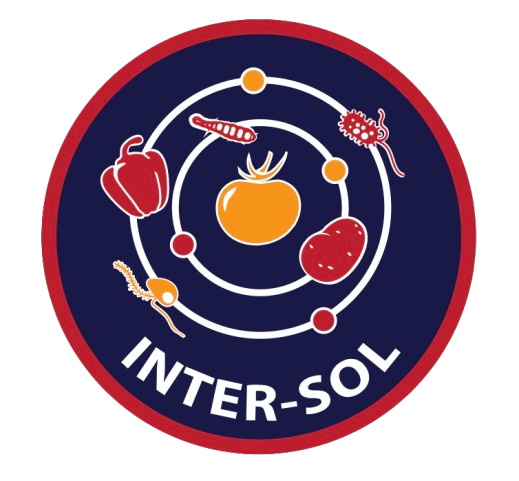
The Potato 2.0 Project - Creating a New Paradigm for Potato breeding
Working with collaborators at UW, MSU, USDA-ARS, Cornell, OSU and U Maine, we’re reinventing potatoes as a diploid inbred hybrid crop. Our lab is generating germplasm and developing inbred lines. We’re particularly interested in generating sequence data and using these new dihaploids to improve our understanding of haplotype diversity, distribution of deleterious alleles, and domestication history in potato.

Tools for Polyploids - Tools for Genomic Analysis Built and Adapted for Polyploid Genomes
We are part of an international collaboration including 8 US institutions, 3 international institutions, CIGAR, and multiple industry partnerships, to develop computational tools for genetic analysis which will support the breeding of polyploid crops. The potato team is particularly focused on implementing genomic selection on a large scale in multiple programs. Our lab will develop models for GS in MN for red, russet, and chipping potatoes.

INTER-SOL - We are collaborating with teams from UGA, CSU, UF, USDA ARS, Montana State, Cornell Univeristy, and Rutgers University as a part of the INTER-SOL project. The main objectives of this initiative include:
- Characterize non-host resistance to major problematic pathogen groups of Solanaceae crops. e.g. Alternaria, Phytophthora, and Xanthomonas
- Identify the genetic components of non-host resistance for translational introduction via genome editing, transgenics, or targeted conventional breeding.
- Develop potato, tomato, and pepper lines with novel disease resistances for use in breeding programs.
Investigating R3bv2 host dynamics and persistence under environmental stress - In collaboration with Dr. Devanshi Khokhani in the Department of Plant Pathology at the University of Minnesota and the Minnesota Department of Agriculture, we aim to answer the following:
- How does Minnesota’s climate affect the pathogen’s ability to survive in both commercial potatoes and wild nightshades?
- When and where is the pathogen most likely to persist or die off?
- What are the differences between different strains of the pathogen? Is one more dangerous than another?
- What are the best practical, field-ready tools to detect infections early?
- Which potato varieties are least susceptible?